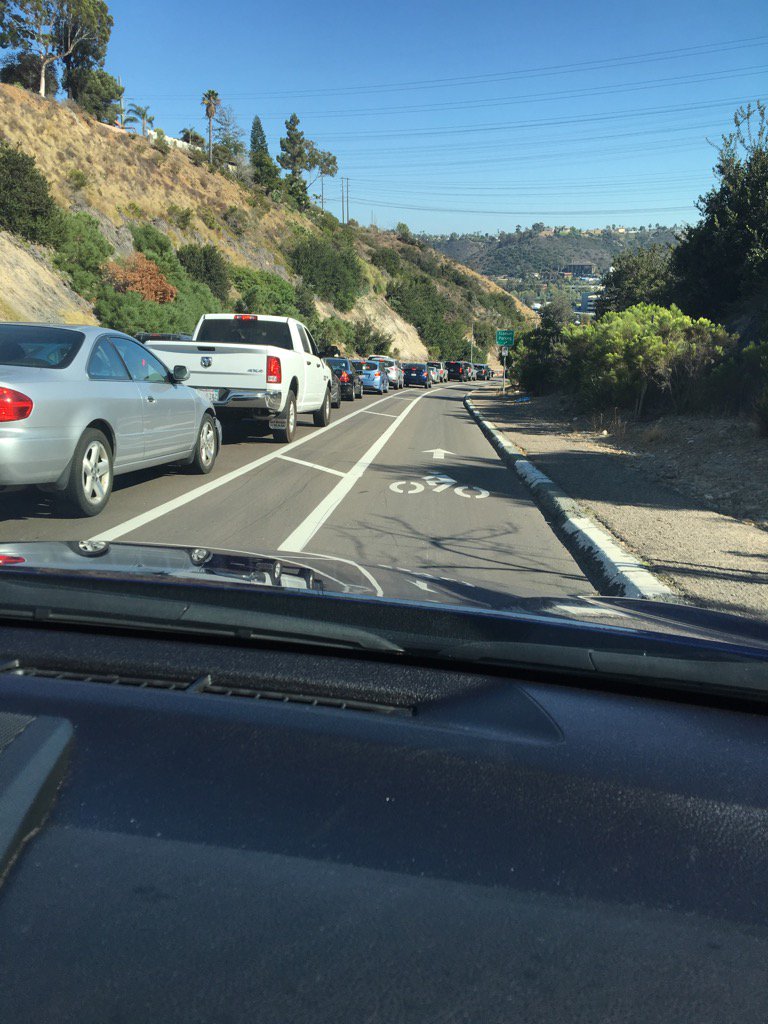I stopped wearing bike-specific clothing (except for gloves and helmets) years ago. I just might start again, at least in response to folks like Peter King and Heath Evans.
Actually, I would have a whole wardrobe of cycling tops. For rides in which the possibility of encountering homicidal drivers is relatively low, I might wear this:
For times when there's a greater chance of a brush with a drunk or simply inconsiderate motorist--I could slip into this:
On days (or nights) when there might be more careless drivers--and there is a chance that one might be somewhat homicidal--I could sport this:
Finally, when it seems every other person behind a steering wheel has regressed to the emotional age of twelve, this just might set the right tone:
These jerseys are on Active.com.
Actually, I would have a whole wardrobe of cycling tops. For rides in which the possibility of encountering homicidal drivers is relatively low, I might wear this:
For times when there's a greater chance of a brush with a drunk or simply inconsiderate motorist--I could slip into this:
On days (or nights) when there might be more careless drivers--and there is a chance that one might be somewhat homicidal--I could sport this:
Finally, when it seems every other person behind a steering wheel has regressed to the emotional age of twelve, this just might set the right tone:
These jerseys are on Active.com.








